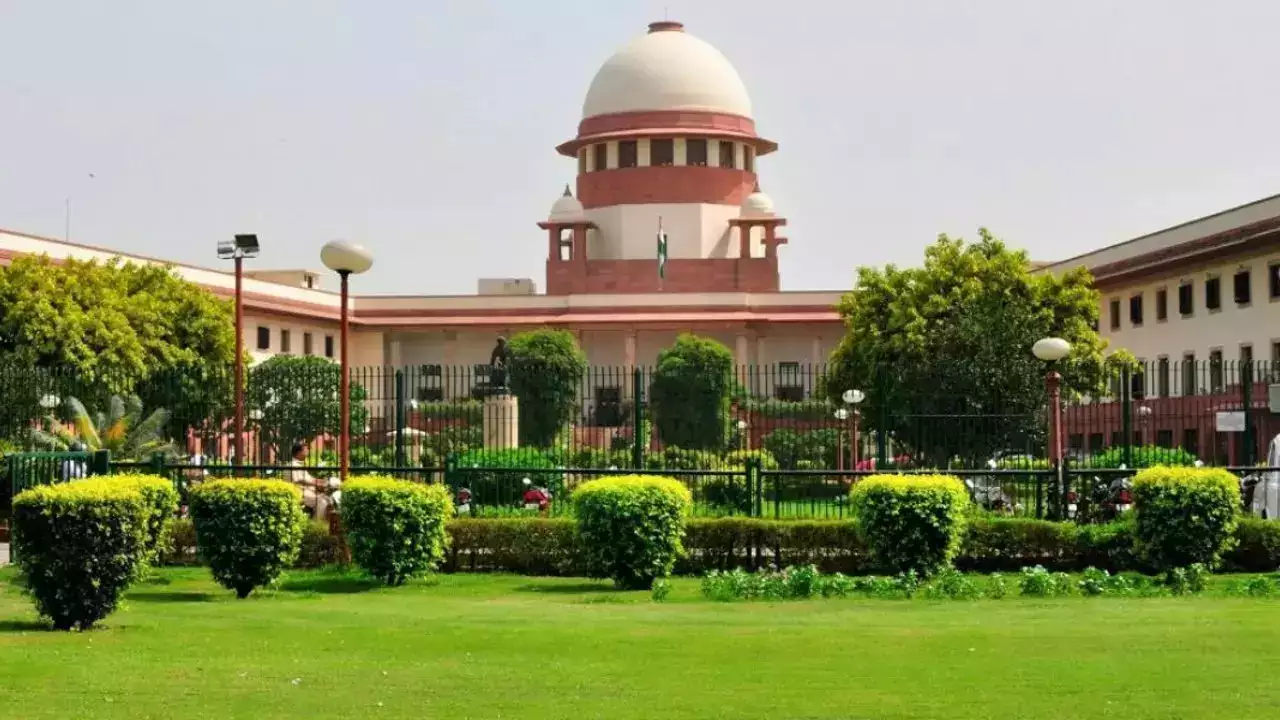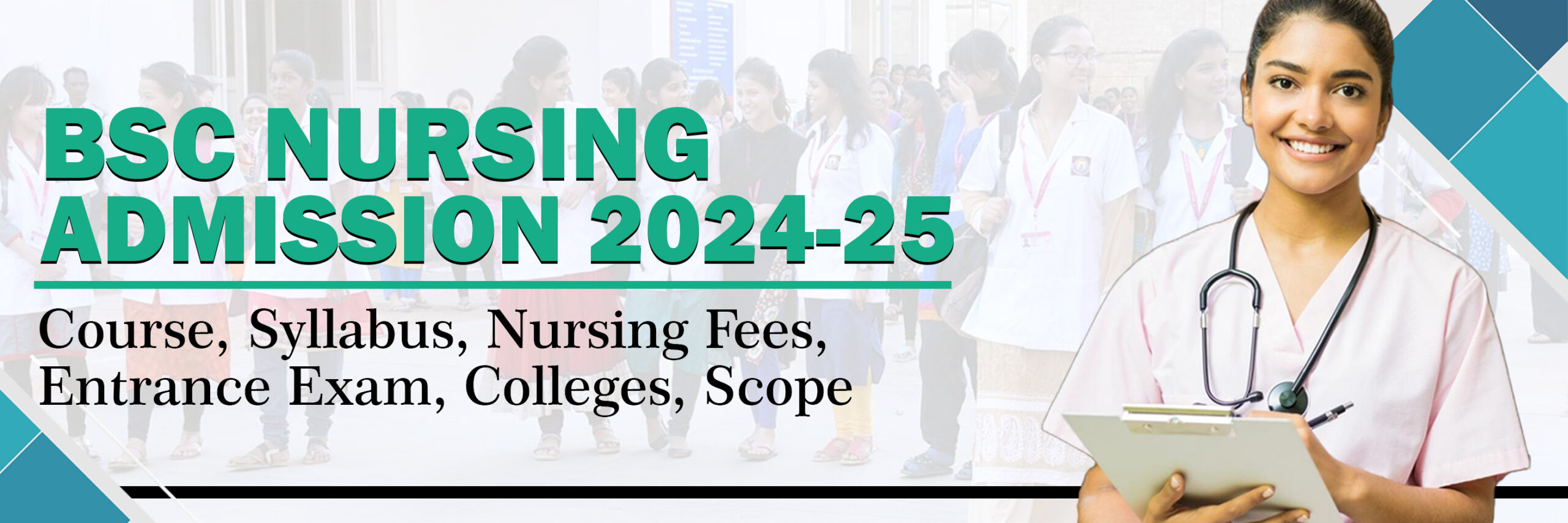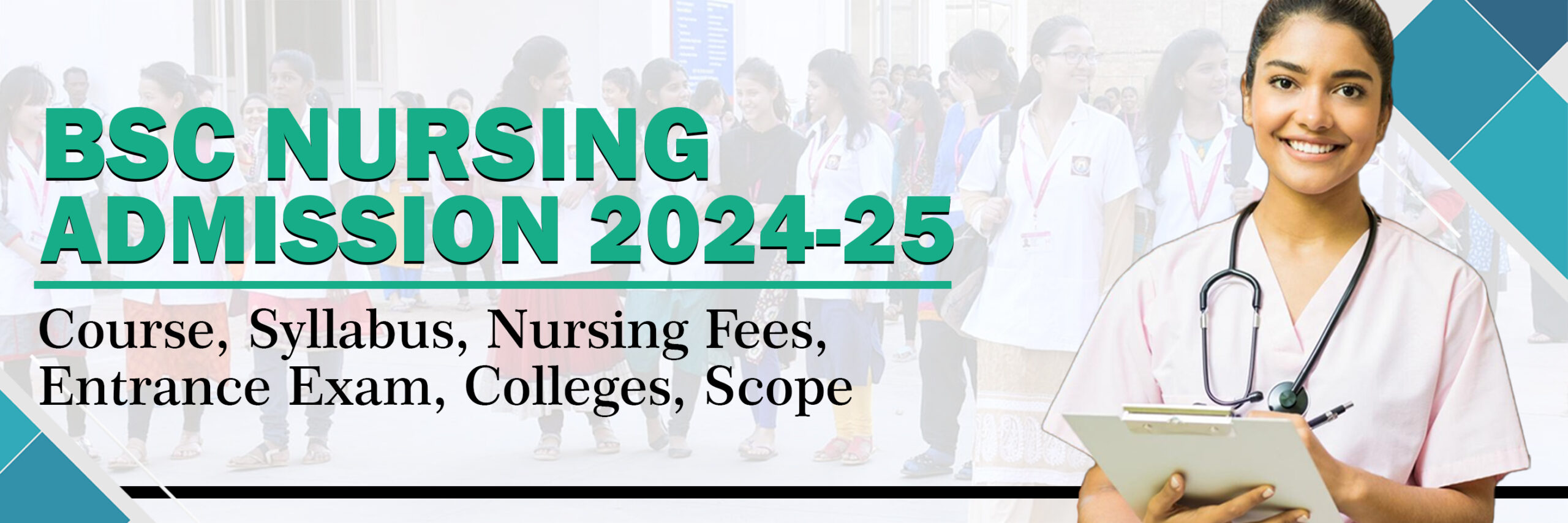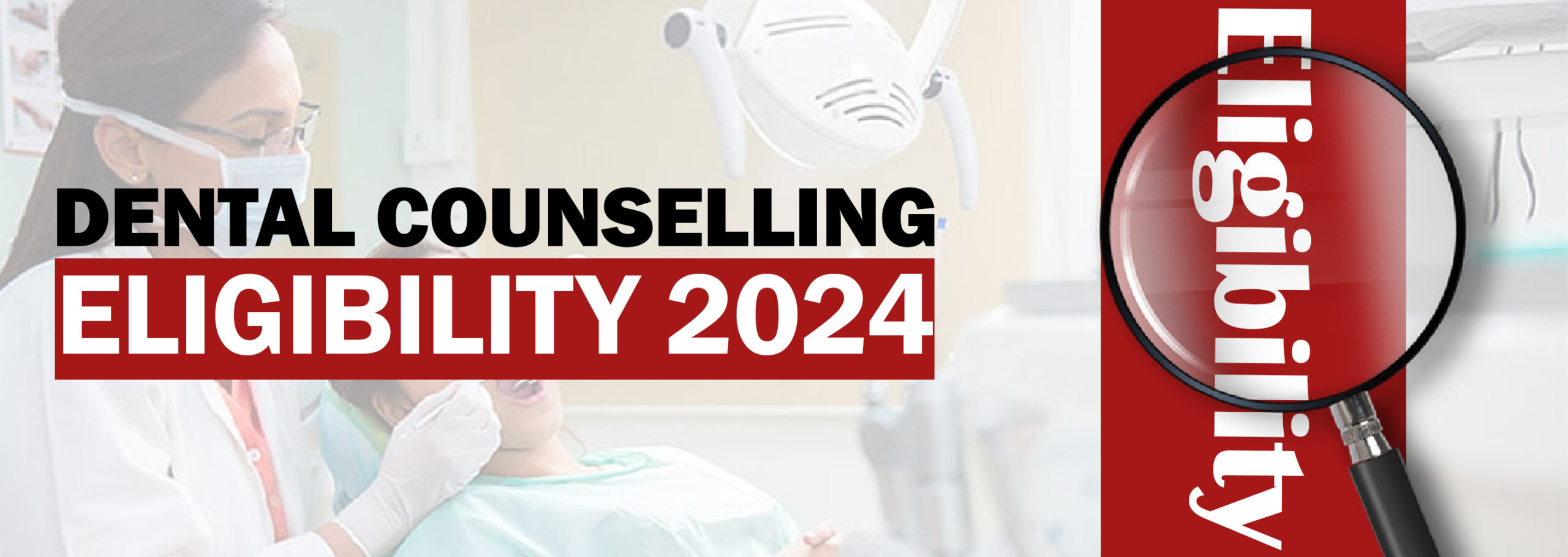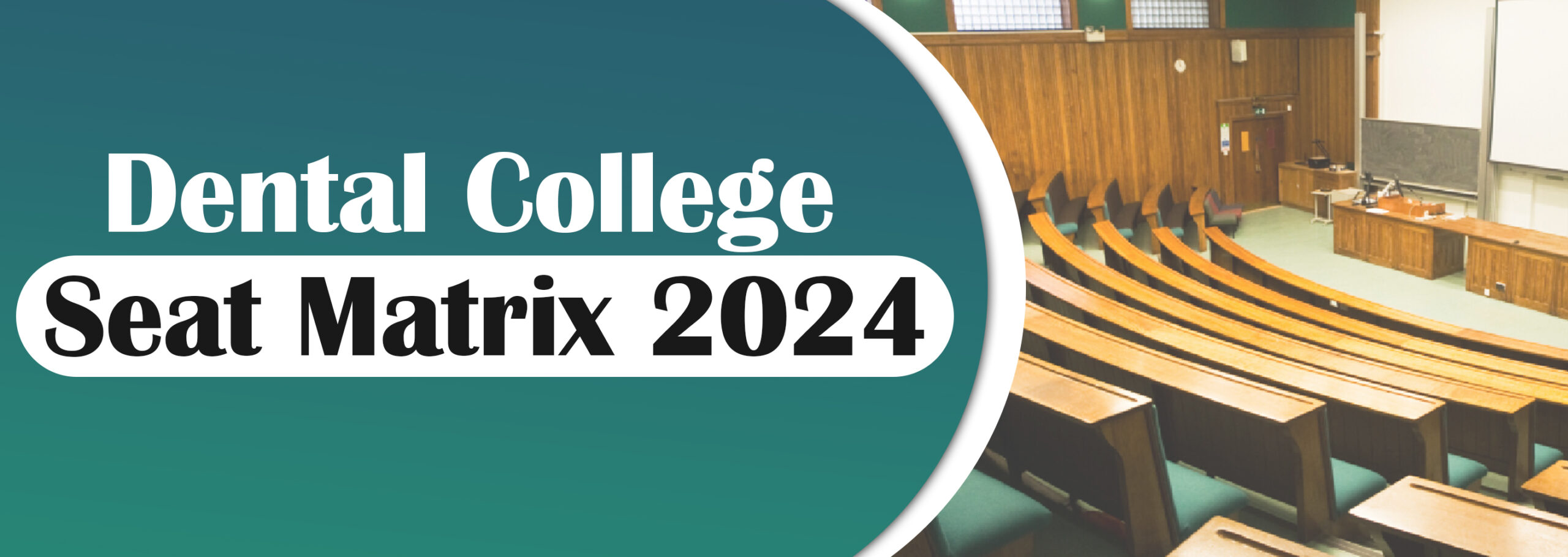BSc Nursing: Course, Syllabus,Admission 2024-2025, Nursing Fees, Entrance Exam, Colleges, Scope
The field of nursing is a vital pillar in the healthcare system, providing essential care and support to patients. A Bachelor of Science in Nursing (BSc Nursing) is a four-year undergraduate program that prepares students to become skilled and compassionate nurses. The demand for qualified nursing professionals is continually growing, making BSc Nursing a popular choice among students interested in healthcare. This comprehensive article will cover everything you need to know about BSc Nursing admission for the 2024-2025 academic year, including the course structure, syllabus, fees, entrance exams, top colleges, and career scope. Bodmas Education is here to guide you through every step of the process.
BSc Nursing Admission 2024-2025
Admission to the BSc Nursing program for the academic year 2024-2025 is a competitive process that involves several stages, including meeting eligibility criteria, clearing entrance exams, and participating in counselling sessions. Here’s an overview of the BSc Nursing admission process:
Eligibility Criteria
To apply for the BSc Nursing program, candidates must fulfill the following eligibility criteria:
- Educational Qualifications: Candidates must have completed their 10+2 education from a recognized board with Physics, Chemistry, and Biology as compulsory subjects. A minimum aggregate score of 50% in these subjects is generally required, although this may vary depending on the institution.
- Age Limit: The minimum age requirement is typically 17 years as of December 31 of the admission year. There is no upper age limit, but some institutions may have specific age-related criteria.
- Nationality: Candidates must be Indian citizens. Some institutions may also accept international students based on their specific guidelines.
- Physical Fitness: Candidates should be medically fit to pursue the nursing course. A medical certificate may be required as part of the admission process.
BSc Nursing Admission Process
The BSc Nursing admission process involves the following steps:
- Application Form: Candidates must fill out the application form for the BSc Nursing program, which is typically available online on the official websites of the respective colleges or universities. The application form will require personal details, academic qualifications, and other necessary information.
- Entrance Exams: Admission to BSc Nursing programs is often based on the candidate’s performance in national or state-level entrance exams. Some of the popular entrance exams for BSc Nursing include:
- NEET-UG (National Eligibility cum Entrance Test)
- AIIMS Nursing Entrance Exam
- JIPMER Nursing Entrance Exam
- State-level entrance exams like MHT CET, KCET, etc.
- Merit List: Based on the entrance exam scores, a merit list is prepared. Candidates who meet the cut-off criteria are eligible for further rounds of the admission process.
- Counseling: Shortlisted candidates are called for counseling sessions, where they can choose their preferred colleges and courses based on their rank and availability of seats.
- Document Verification: During the counseling process, candidates must submit their original documents for verification. These documents typically include mark sheets, entrance exam scorecards, birth certificates, and other relevant certificates.
- Final Admission: After successful document verification and payment of the admission fees, candidates are granted admission to the BSc Nursing program.
BSc Nursing Course Structure
The BSc Nursing program is a four-year undergraduate course that is designed to provide students with both theoretical knowledge and practical skills in nursing. The course structure is divided into eight semesters, with each semester focusing on different aspects of nursing education.
First Year
The first year of the BSc Nursing program lays the foundation for basic nursing concepts and human biology. The subjects covered in the first year include:
- Anatomy: Study of the structure of the human body.
- Physiology: Understanding the functions of different organs and systems.
- Biochemistry: Study of chemical processes within the body.
- Nutrition: Principles of nutrition and dietetics.
- Nursing Foundations: Introduction to nursing practices and basic patient care.
- Psychology: Understanding human behavior and mental processes.
- Microbiology: Study of microorganisms and their impact on health.
Second Year
In the second year, students delve deeper into specialized nursing practices and community health. The subjects include:
- Medical-Surgical Nursing: Focus on nursing care for patients undergoing surgery and treatment for various medical conditions.
- Sociology: Study of social behavior, institutions, and structures.
- Pharmacology: Understanding the use of drugs in treating diseases.
- Pathology: Study of diseases and their effects on the body.
- Genetics: Introduction to genetic principles and their application in nursing.
- Community Health Nursing: Focus on public health and community-based nursing practices.
Third Year
The third year focuses on advanced nursing practices and management. The subjects include:
- Child Health Nursing: Specialized nursing care for infants, children, and adolescents.
- Mental Health Nursing: Focus on nursing care for patients with mental health disorders.
- Nursing Research and Statistics: Introduction to research methodologies and statistical analysis in nursing.
- Medical-Surgical Nursing (Advanced): Further study of surgical and medical nursing care.
Fourth Year
The final year prepares students for professional practice with a focus on leadership and management. The subjects include:
- Obstetric and Gynecological Nursing: Nursing care for women during pregnancy, childbirth, and postpartum.
- Community Health Nursing (Advanced): Advanced concepts in public health and community nursing.
- Nursing Management: Focus on leadership, management, and administration in nursing.
- Nursing Research Project: Students are required to conduct a research project and present their findings.
Syllabus for BSc Nursing
The BSc Nursing syllabus is designed to provide a comprehensive education in nursing, covering both theoretical knowledge and practical skills. Here is an overview of the syllabus:
- Anatomy and Physiology: Detailed study of human anatomy and physiological processes.
- Biochemistry and Biophysics: Understanding the chemical and physical principles that govern biological processes.
- Nutrition and Dietetics: Principles of nutrition, dietary planning, and therapeutic nutrition.
- Nursing Foundations: Basic nursing care, patient safety, and first aid.
- Microbiology: Study of microorganisms, infections, and immunology.
- Medical-Surgical Nursing: Nursing care for patients with medical and surgical conditions.
- Child Health Nursing: Pediatric nursing care for infants, children, and adolescents.
- Mental Health Nursing: Nursing care for patients with mental health disorders.
- Obstetric and Gynecological Nursing: Care for women during pregnancy, childbirth, and postpartum.
- Community Health Nursing: Public health nursing, community outreach, and health promotion.
- Nursing Research and Statistics: Research methodologies, data analysis, and evidence-based practice.
- Nursing Management: Leadership, management, and administration in nursing.
BSc Nursing Fees
The fees for BSc Nursing programs vary depending on the institution, location, and type of college (government or private). On average, the annual tuition fees for BSc Nursing range from INR 20,000 to INR 1,50,000. Government colleges typically have lower fees compared to private institutions.
In addition to tuition fees, students may also need to pay for other expenses such as:
- Laboratory Fees: Charges for using laboratory facilities and equipment.
- Clinical Training Fees: Fees for clinical training and internships.
- Examination Fees: Charges for appearing in semester exams.
- Uniform and Equipment: Cost of nursing uniforms, medical kits, and other essential equipment.
- Hostel and Accommodation: Charges for hostel accommodation and meals, if applicable.
Entrance Exams for BSc Nursing
Admission to BSc Nursing programs is often based on entrance exams conducted at the national, state, or institutional level. Some of the popular entrance exams for BSc Nursing are:
- NEET-UG: The National Eligibility cum Entrance Test (NEET-UG) is a national-level entrance exam for admission to various undergraduate medical and nursing courses. Many top nursing colleges consider NEET-UG scores for admission.
- AIIMS Nursing Entrance Exam: The All India Institute of Medical Sciences (AIIMS) conducts a separate entrance exam for admission to its BSc Nursing program.
- JIPMER Nursing Entrance Exam: The Jawaharlal Institute of Postgraduate Medical Education and Research (JIPMER) conducts an entrance exam for admission to its BSc Nursing course.
- State-Level Entrance Exams: Various states conduct their own entrance exams for admission to nursing courses in government and private colleges. Examples include MHT CET (Maharashtra), KCET (Karnataka), and WBJEE (West Bengal).
Top Colleges for BSc Nursing
Choosing the right college is crucial for a successful nursing career. Here are some of the top colleges in India offering BSc Nursing programs:
- All India Institute of Medical Sciences (AIIMS), New Delhi: AIIMS is one of the premier medical institutions in India, known for its high standards of education and excellent clinical training facilities.
- Christian Medical College (CMC), Vellore: CMC Vellore is a renowned medical college that offers top-notch nursing education with a focus on clinical practice and research.
- Armed Forces Medical College (AFMC), Pune: AFMC Pune offers a comprehensive BSc Nursing program with a focus on training nurses for the armed forces.
- Manipal College of Nursing, Manipal: Part of Manipal Academy of Higher Education, this college offers a well-rounded BSc Nursing program with excellent infrastructure and faculty.
- Rajkumari Amrit Kaur College of Nursing, New Delhi: Affiliated with the University of Delhi, this college is known for its high-quality nursing education and research opportunities.
- Bangalore Medical College and Research Institute (BMCRI), Bangalore: BMCRI offers a comprehensive BSc Nursing program with a strong emphasis on clinical training and patient care.
- Postgraduate Institute of Medical Education and Research (PGIMER), Chandigarh: PGIMER offers a highly reputed BSc Nursing program with excellent faculty and research facilities.
- Sree Chitra Tirunal Institute for Medical Sciences and Technology (SCTIMST), Thiruvananthapuram: Known for its advanced medical research, SCTIMST offers a quality BSc Nursing program with a focus on innovation and patient care.
Scope and Career Opportunities in BSc Nursing
A BSc Nursing degree opens up a wide range of career opportunities in the healthcare sector. Graduates can pursue various roles in hospitals, clinics, community health centers, and educational institutions. Some of the key career options include:
- Staff Nurse: Providing direct patient care in hospitals, clinics, and other healthcare settings.
- Nursing Supervisor: Overseeing nursing staff and ensuring high standards of patient care.
- Community Health Nurse: Working in community health programs to promote public health and prevent diseases.
- Nursing Educator: Teaching nursing students in educational institutions and conducting research.
- Nursing Administrator: Managing nursing departments and healthcare facilities, including staffing, budgeting, and policy development.
- Research Nurse: Conducting clinical research and trials to improve patient care and healthcare outcomes.
- Home Healthcare Nurse: Providing nursing care to patients in their homes, including elderly and chronically ill patients.
- Military Nurse: Serving as a nurse in the armed forces, providing medical care to military personnel and their families.
- Critical Care Nurse: Specializing in providing care to critically ill patients in intensive care units (ICUs).
- Midwife: Providing care to women during pregnancy, childbirth, and postpartum, including delivering babies.
Admission in BSc Nursing
BSc Nursing is a rewarding and fulfilling career choice for those passionate about healthcare and patient care. The admission process for the 2024-2025 academic year is competitive, requiring candidates to meet eligibility criteria and clear entrance exams. The BSc Nursing program offers a comprehensive education in nursing, covering both theoretical knowledge and practical skills. Graduates of the program have a wide range of career opportunities in various healthcare settings, with the potential to specialize in different areas of nursing.
Bodmas Education is committed to guiding aspiring nursing professionals through the admission process, providing support and resources to help them achieve their career goals. Whether you need assistance with entrance exam preparation, college selection, or career counselling, Bodmas Education is here to help you every step of the way.





















